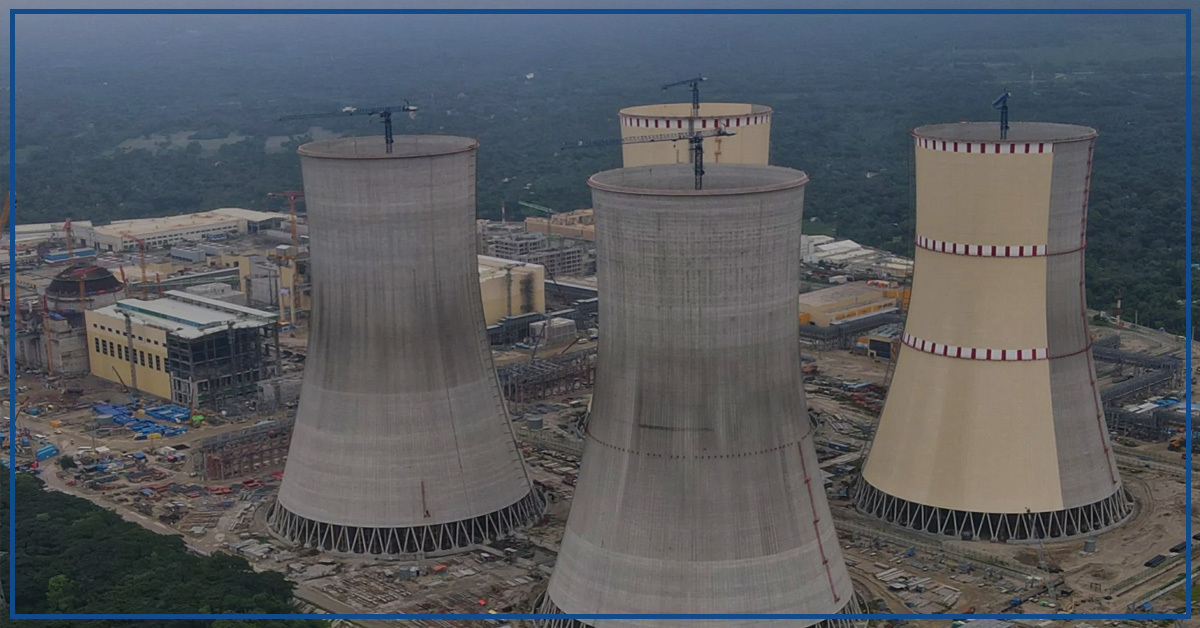In a significant milestone, Bangladesh has received its inaugural shipment of uranium fuel from Russia, marking a historic step as the 33rd nation in the world to embark on nuclear energy production.
The South Asian country is in the midst of constructing the first of its two nuclear power plants in collaboration with the Russian state-owned atomic company, Rosatom.
This ambitious venture, constituting 90% of a $12.65 billion project, is largely financed through a Russian loan with a 28-year repayment period, including a 10-year grace period.
Prime Minister Sheikh Hasina expressed her elation, calling it a day of pride and joy for the people of Bangladesh.
The announcement was made during a momentous video conference with Russian President Vladimir Putin, an event the Russian Embassy in Bangladesh described as a “nuclear fuel delivery ceremony.” The occasion underlined the fruitful collaboration and highlighted the strengthening ties between the two nations.
Putin commended the International Atomic Energy Agency (IAEA) for its diligent supervision of the project. The origins of this endeavour can be traced back to a bilateral agreement in 2011, solidifying the commitment between Bangladesh and Russia.
The IAEA Head, Rafael Grossi, took to social media to extend his congratulations, labelling Bangladesh’s progress in nuclear power development as a success story for newcomer countries under the guidance of the IAEA.
However, the path to completion has not been without obstacles. The Rooppur plant, situated approximately 200km west of the capital, Dhaka, faced setbacks due to construction delays attributed to the COVID-19 pandemic and sanctions on Moscow following geopolitical events.
Initially slated for operation in July of the upcoming year, the commencement date for the first unit of the plant has been postponed, emphasizing the determination to overcome adversity.
As the project forges ahead, Russia’s state news agency TASS reported that Rosatom’s engineering division is spearheading the design and construction of the nuclear power plants.
Envisioned with a life cycle of 60 years and the potential for a 20-year extension, the Rooppur plant is a testament to forward-thinking and long-term energy solutions. Training for approximately 1,500 out of the 2,000 workers set to operate the plant will take place in Russia, ensuring the facility’s optimal functionality.
Bangladesh, grappling with its worst electricity crisis since 2013, has been struggling due to erratic weather patterns and financial constraints. With declining foreign currency reserves and a weakened national currency, the nation faced challenges in fuel imports and electricity generation.
This latest development presents a promising avenue to diversify energy sources and enhance energy security, moving Bangladesh towards a more sustainable and self-sufficient future.





